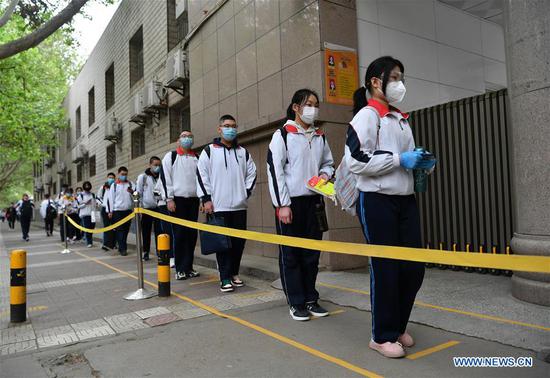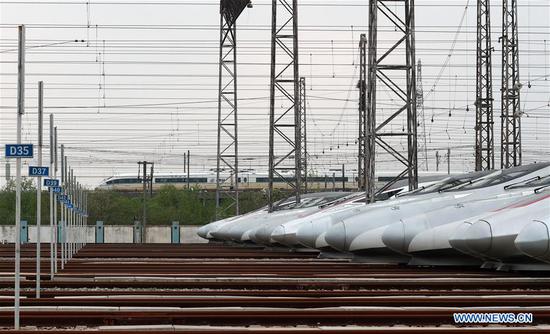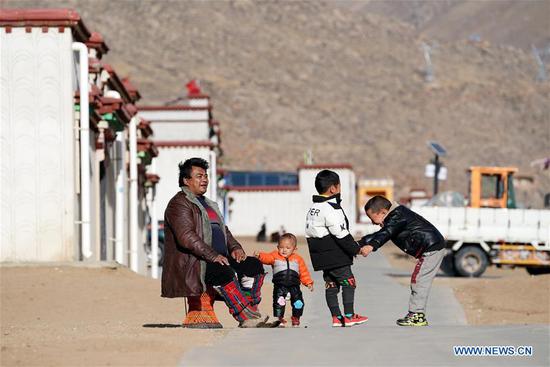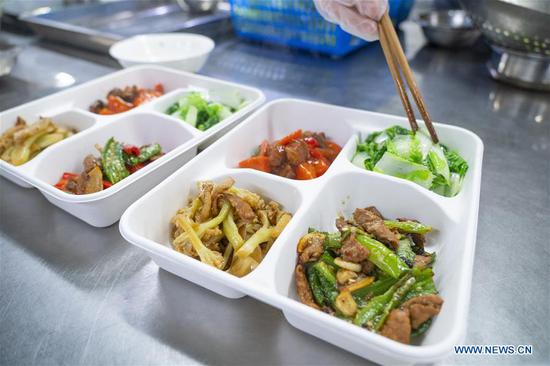China's foreign exchange reserves fell for the second consecutive month in March to $3.06 trillion, as the value of reserves in other currencies fell due to the global financial market turmoil and decline in oil prices amid the novel coronavirus outbreak, the State Administration of Foreign Exchange said on Tuesday.
Wang Chunying, a spokesperson of the foreign exchange regulator, said the country's forex reserves have fallen by 1.5 percent, or $47.3 billion, from the beginning of the year. Relative to the stronger US dollar, the depreciation of other currencies has led to remarkable adjustments of asset prices and influenced the foreign exchange rates, she said.
"China's foreign exchange market remained stable, with a generally balanced demand and supply of foreign exchange," said Wang, who expected a severe effect of the pandemic on the global economy and trade growth, along with increasing volatility in international financial markets.
China is now seeing a modest output improvement and speedy production resumption, as the virus containment measures have been successful in controlling the epidemic. The country's real economy is recovering steadily and can support the long-term stability of foreign exchange reserves, said the spokeswoman.
The country's foreign exchange reserves decreased to $3.107 trillion at the end of February, after the year's peak of $3.115 trillion in January, according to SAFE data.
Global market volatility soared to a nine-year high since the virus outbreak, as sell-offs and panic spread from stock to commodity markets, prompting monetary authorities, such as the central banks in Indonesia and Brazil, to defend their currencies using foreign exchange reserves.
Investors have already withdrawn $83 billion from emerging markets since the beginning of the epidemic, the largest capital outflow ever recorded, according to the International Monetary Fund.
Although many currencies of emerging economies weakened against the greenback in the past month, the yuan has remained remarkably resilient against the US dollar and a basket of major currencies, despite the massive shocks caused by the coronavirus outbreak. That has eased China's capital outflow pressures, analysts said.
Louis Kuijs, head of Asia Economics at Oxford Economics, said that data in recent months showed "virtually no intervention" from the People's Bank of China, the central bank, in the foreign exchange market.
The cautious stance adopted by China's central bank on monetary policy easing and production resumption has supported a stable currency. In addition, capital inflows into China's bond market have continued in recent months, said Kuijs.
"China traditionally tends to opt for stability, including foreign exchange stability, at times of international turmoil, building up a reputation as a responsible international actor," said Kuijs. "At times of anxiety about the country's economic outlook, supporting the yuan also serves to prevent financial outflows."


















































